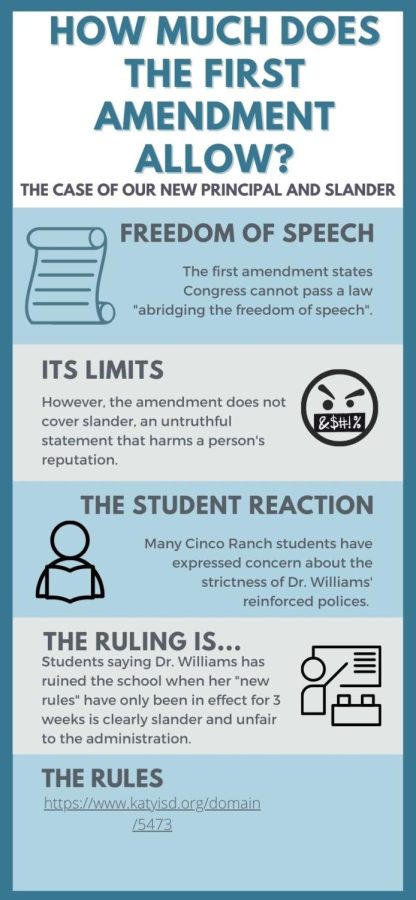Katy ISD’s recent removal of books with content deemed questionable from required reading lists met with widespread approval from students. Students across Katy have thanked the district for preventing their exposure to potentially disturbing themes.
“We live in a world saturated with violence, rape, and other disturbing themes,” sophomore Stu Dent said. “I’m just glad that the district was wise enough to ban books containing that content when it’s used to make a point in works of significant literary merit. Now, I can get back to watching senseless violence in my free time.”
The general consensus of high school students is that the district’s ban on these books from required reading lists has prevented their exposure to disturbing material and helped to significantly reduce student violence.
“I was thinking about committing a heinous act of violence against my fellow classmates,” senior Noah Buddyever said. “But then they removed “A Thousand Acres” from the required reading list, and I was suddenly struck with the urge to just give everybody I was angry with a big hug instead. Censoring the books is a realistic solution that will solve many of the problems that high school students face today.”
Early reports indicate that teenage depression no longer exists, after removing moody novels such as “Fight Club” from required reading lists.
“Thanks to our removal of books with disturbing themes, we are confident that violence, rape, depression, mental illness, and suicide no longer exist,” Assistant Superintendent Ida Boss said. “This is great because our students won’t ever have to worry about facing disturbing themes in real life.”
Students agree that there is a far greater long-term benefit from avoiding books that reference relevant controversial issues than confronting these issues head-on in a safe classroom environment.
“Some people have said that ‘Fight Club’ has literary value because it serves as an indictment of violence by portraying it to a horrific extent, and helps students to recognize dark Juvenalian satire,” Buddyever said. “But that’s not very useful. Nobody really needs to be able to recognize satire, anyway.”
Besides censorship of English books, other methods proposed to prevent teen exposure to questionable content include editing out all wars and assassinations from history textbooks, removing caution labels from chemical storage containers, on the off chance that students may find possible side effects of misusing chemicals disturbing, and forcing students to wear blindfolds during all times spent walking outside of school property.
“Personally, I don’t think that the censorship went far enough,” Katy ISD parent Ove Erbearing said. “Critics of the district’s actions have pointed out that practically every book of any literary merit contains some form of questionable themes. I agree. Clearly, the only way to protect our children from running into disturbing material is to stop teaching them to read in the first place.”
Facing the widespread acclaim of the district’s removal of books from the high school reading lists, some students have speculated that the district is poised to take similar actions in removing disturbing books from elementary and middle schools in Katy ISD. Among the most requested books to be banned are “The Giving Tree,” by Shel Silverstein, which students claim often makes children feel too guilty about themselves, and “Three Little Kittens,” by Jerry Pinkney, which features a disturbing plot involving three distraught kittens who lose their mittens and are unable to find them.
“Have you seen the horrible literature they teach our kids these days?” Erbearing said. “In kindergarten, my child was read aloud to from an anthology of ‘Fun with Dick and Jane.’ That book is full of sexual undertones, encouragement of risky childhood behavior such as playing fetch with unknown dogs, and a game of tag highly suggestive of an attempted rape.”
With the popularity of censorship among high school students, the district is likely to continue removing books with questionable content from the required reading list in future years.
“If we’re not careful, students might realize that life is composed of morally gray areas,” Boss said. “I’d hate for a high school student to understand the complexity of real life situations.”

![Tips for Studying Finals [INFOGRAPHIC]](https://crhscountyline.com/wp-content/uploads/2022/12/Studying-for-Finals-900x506.jpg)





Jamie Cottrell • Apr 30, 2015 at 9:59 am
This is awesome